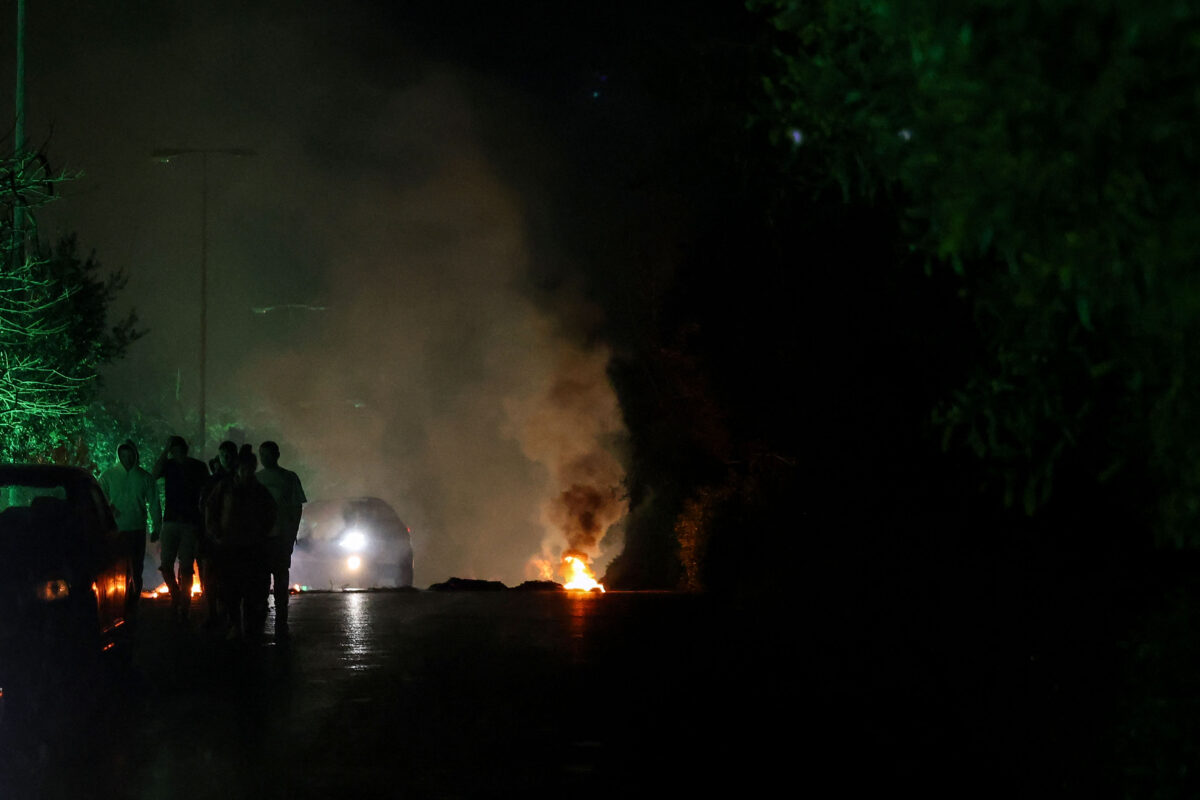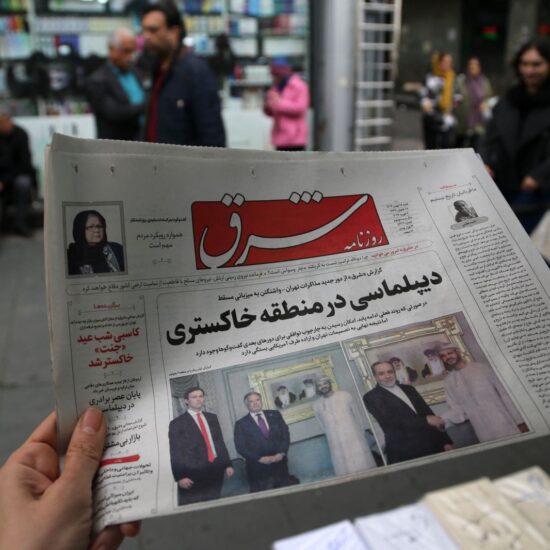
Lebanon's fragile stability challenged: The controversial death of Pascal Sleiman and the polarizing rhetoric of Hezbollah's leader deepen national divides
In the second week of April 2024, Lebanon was shaken by the mysterious death of Pascal Sleiman, a political activist and official of the Lebanese Forces, initially reported as a car theft gone awry. This incident has sparked controversy, with various factions within Lebanon’s fragmented political landscape interpreting it through their lenses. This article explores the broader implications of the rhetoric used by Hezbollah’s Secretary-General Hassan Nasrallah, particularly following the recent war on Gaza, and how this rhetoric may be influencing the current political climate in Lebanon.
Analyzing Nasrallah’s Post-Gaza War Speeches
In the aftermath of the 2023 Gaza war, Hassan Nasrallah delivered a series of speeches that have collectively shaped Hezbollah’s recent narrative. These speeches, rich with themes of divine justice, resistance against Western influence, and Arab unity, are crucial in understanding the party’s stance in local and regional politics.
Divine Rhetoric and Political Sacralization
Nasrallah’s speeches frequently intertwine political objectives with divine validation, framing Hezbollah’s actions and strategies within a sacrosanct context. This rhetoric effectively positions any opposition to Hezbollah as both a political disagreement and a form of spiritual dissent. Such framing casts Hezbollah’s adversaries as allies of Western powers, thereby not only secular enemies but also spiritual adversaries. This sacralization of political stance consolidates Nasrallah’s base, leveraging religious convictions to mute criticism and stigmatize opposition.
Impact on Lebanese Opposition
The narrative that opposition groups are aligned with external powers primes Hezbollah’s supporters to view all actions by these groups through a lens of suspicion and betrayal. This can escalate into attributing any societal misfortunes, from economic failures to other societal breaches, directly to these groups’ supposed treachery. Such a perspective diminishes the potential for political collaboration and increases social tension, as actions by these groups are interpreted within a framework of conspiracy rather than policy disagreement. Furthermore, opposition groups, feeling demonized and under constant moral indictment, often find themselves in a reactive state. They are compelled to vociferously defend their positions and accuse Hezbollah of various societal ills. This defensiveness can sometimes manifest in aggressive political posturing or extreme counter-narratives, which may alienate moderate supporters and exacerbate tensions within the political landscape of Lebanon. Additionally, the continuous framing of political dissent as spiritual disobedience or betrayal of divine will contributes to a fragmentation of national identity. It polarizes the populace into factions that disagree on policy and also on the fundamental values and visions for Lebanon’s future. Therefore, the escalation of rhetoric from both sides can lead to an erosion of substantive political discourse. As each side becomes more entrenched in defending its moral and spiritual legitimacy, the focus shifts from addressing tangible issues—such as governance, economy, and public services—to defending against perceived existential threats. This shift detracts from the ability of political processes to effectively address and resolve the real and pressing issues facing the country.
Broader Implications and Hezbollah’s Responsibility
The dynamics set forth by Hezbollah’s narrative strategies extend beyond political rivalry and sow deeper divisions within Lebanese society. Regardless of the specific facts surrounding Pascal Sleiman’s death, the accusatory framework established by Hezbollah’s rhetoric contributes significantly to a charged and polarized atmosphere. This climate fosters political and communal tensions, with potentially grave consequences for Lebanon’s social cohesion and national stability. Therefore, in the shadow of the ongoing crises, Lebanon’s path—whichever it may be—to peace and stability appears increasingly complex. The rhetorical strategies employed by Hezbollah influence the political landscape and affect the societal fabric of the country. As Lebanon continues to navigate through these turbulent waters, understanding the impact of such rhetoric will be crucial for all stakeholders in the Lebanese polity in the upcoming period. The responsibility lies not only with the leaders and their political maneuvers but also with society at large to critically evaluate and respond to the narratives that shape their reality.
Ramzi Abou Ismail is a political psychologist and researcher at the University of Kent.








